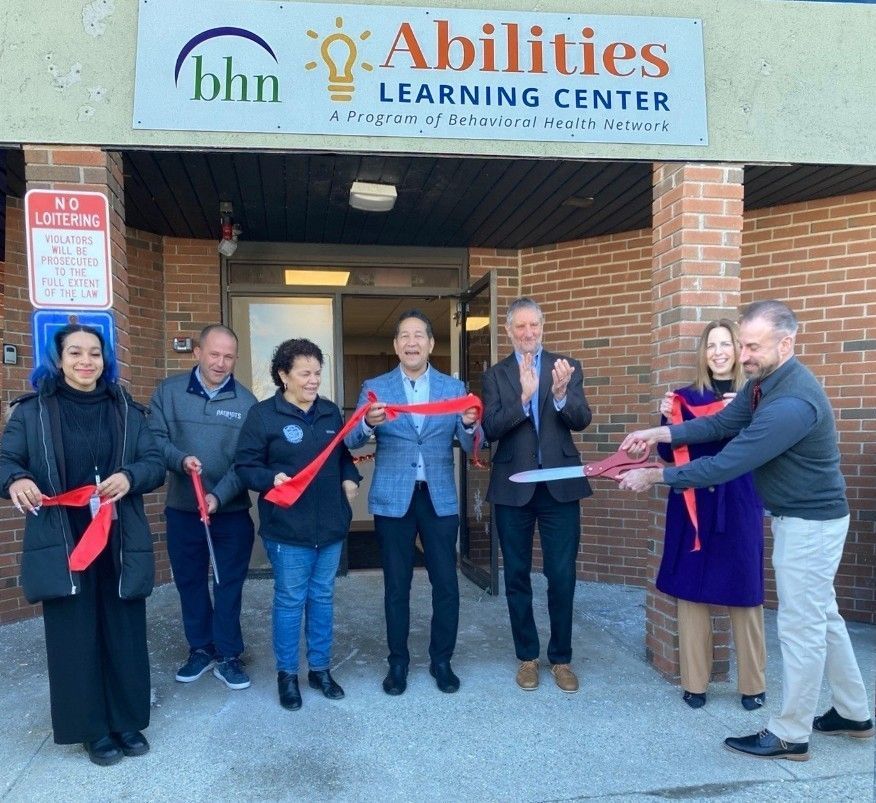Post-Traumatic Stress Disorder: Symptoms, Causes & Treatment

June is Post-Traumatic Stress Disorder (PTSD) Awareness Month, dedicated to raising awareness, understanding signs and symptoms, and supporting those with PTSD.
PTSD is defined as a serious anxiety disorder caused by experiencing traumatic events. The extent to which an objectively traumatic event is experienced by an individual as traumatizing, depends in part on individual factors of the person and situation. Potentially traumatic events can include but are not limited to:
- Accidents resulting in injury
- Physical or sexual assault/abuse
- Death of loved ones
- Being fired from a job
- Harassment
- Incarceration
- Poverty
- Medical interventions
- Natural disasters
- Parental neglect
- Warfare/combat
- Witnessing violence
Currently, post traumatic reactions are categorized into five different diagnostic types:
- Normal Stress Response and Acute Stress Disorder, occur after experiencing a stressful everyday situation and exposure to a life-threatening event, respectively. While they do not fit all the criteria for a diagnosis, if left unchecked they can develop into PTSD.
- Uncomplicated PTSD is linked to one single traumatic event and its symptoms include flashbacks to the event, nightmares, irritability, and difficulty maintaining relationships. It is the easiest to treat.
- Complex PTSD is linked to multiple traumatic events such as domestic violence, repeated exposure to wartime, and childhood neglect or abuse. Individuals with this type of PTSD experience extreme emotional reactions and may develop depression or borderline personality disorder.
- Comorbid PTSD is a PTSD coupled with substance abuse issues.
Some of the most common reactions to traumatic exposure are difficulty dealing with vivid memories, flashbacks, and nightmares, as well as an intense fear of situations similar to the traumatic situation. For instance, if a person witnessed a shooting at a mall or experienced harassment at a library, they may avoid going to malls and libraries altogether. A sight, sound, or even smell can be enough to trigger a panic attack. Counterintuitively, long term avoidance of an otherwise benign trigger (i.e. the library) actually makes the anxiety worse over time. Treatments for anxiety and panic encourage supported re-exposure to otherwise benign triggers until the negative response does not occur.
Matthew Robinson, BHN’s Trauma Response Team Coordinator offers some helpful tips for navigating a panic attack in the moment. “Breathing into a paper bag can help because breathing in the carbon dioxide can calm you.” Research also indicates that cold water or air can reset your fight or flight response when triggered; “Get to a cool place or splash cold water on your face. If it’s winter, go outside.”
Post-traumatic disorders can have significant impact on relationships. If your loved one is experiencing PTSD episodes, it is important to have patience and get help. As the individual becomes triggered, they may lash out at their partner, in extreme cases becoming verbally or physically aggressive. Their behavior can be harmful to the partner and seem out of context for the situation, which is also confusing.
Extreme cases such as physical outbursts and violence may require leaving the situation/ relationship immediately. For non-violent situations, active listening can go a long way. Matthew Robinson recommends: “Make sure that the person suffering knows you’re there and ask what they need from you. Be careful not to ask questions about what happened to them.” Use “I” statements to express your feelings and take breaks apart from each other to cool down as needed. Above all, you must prioritize your own safety and well-being before helping others.
Sometimes it can be tricky to know when someone has PTSD. Matthew Robinson explained, “People might not initially remember the traumatic event until something induces a panic attack or a dream. It can go hidden for a long time. If their abuser is a pillar or well-known figure of the community, that can also suppress the trauma.”
For treatment, starting with outpatient therapy and attending support groups is recommended. Depending on the situation, Trauma Focused Cognitive Behavioral Therapy (TFCBT) and Eye Movement Desensitization and Reprocessing (EMDR) may be effective treatments.
Every day BHN supports individuals with PTSD through many of our programs. If you or a loved one is struggling with trauma-related reactions or symptoms, contact BHN Wellbeing 413-301-WELL (9355) for an appointment.
If it is a crisis situation or for help when experiencing domestic violence call:
- 24-Hour Crisis Hotline: Dial 988
- National Domestic Abuse Hotline: 800-799-7233
Sources:
SHARE
Topics
Newsletter Sign-Up
Sign-up for our newsletter to receive updates on what's happening at BHN.





